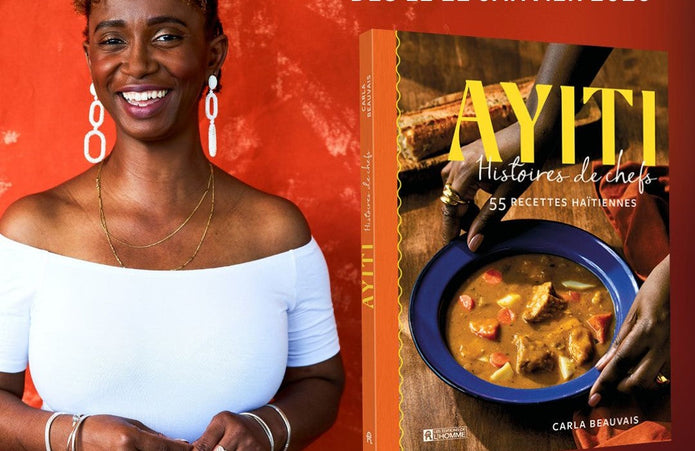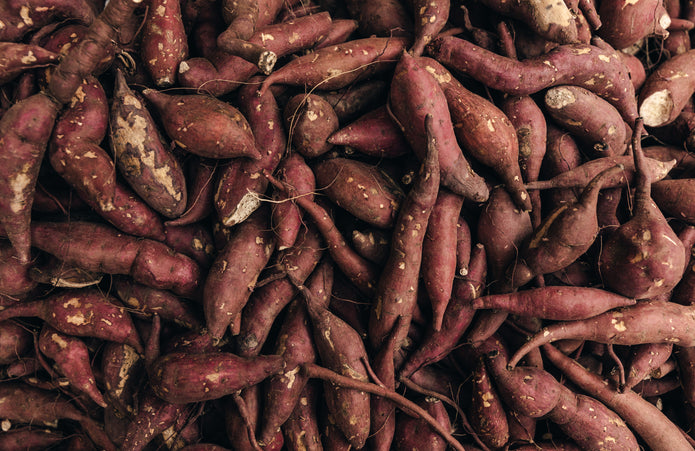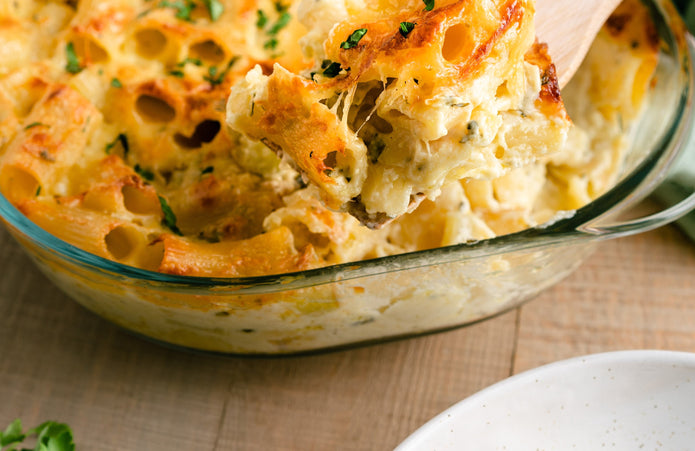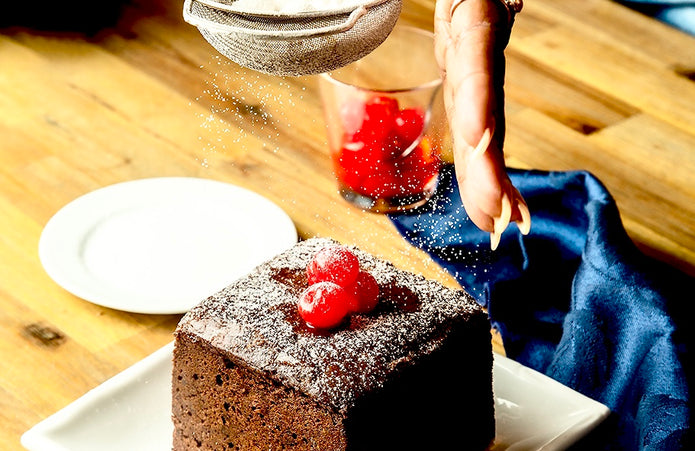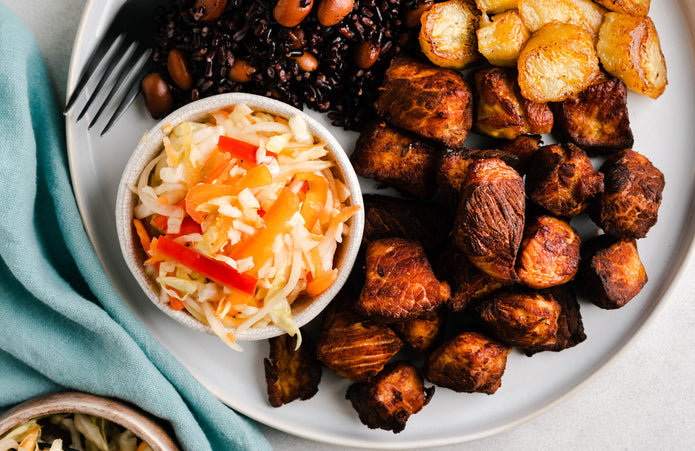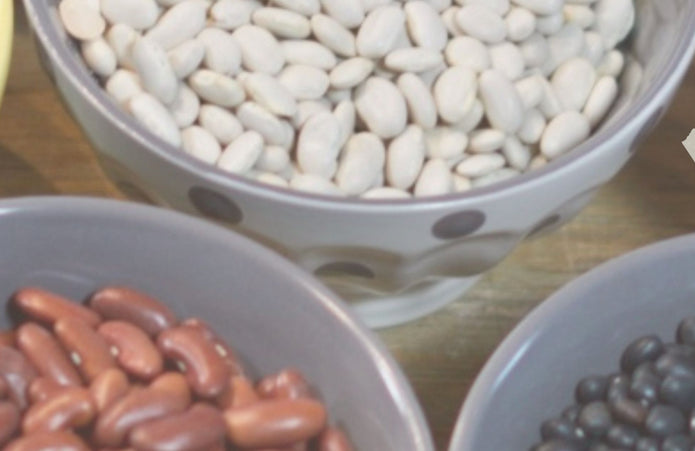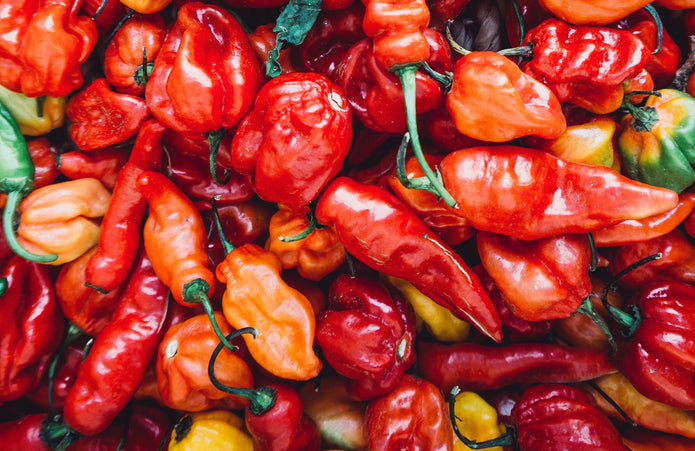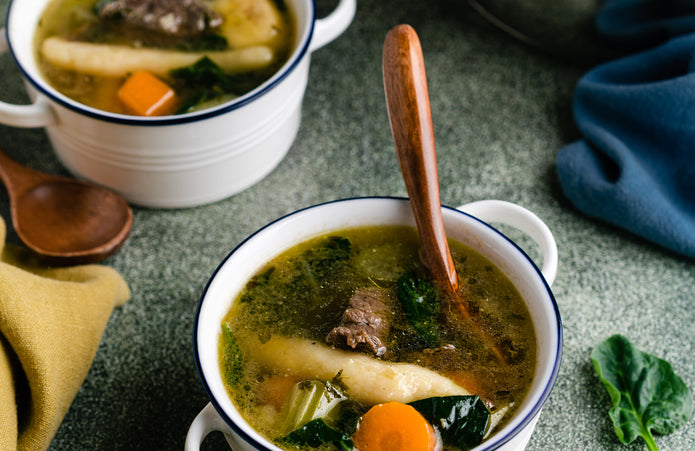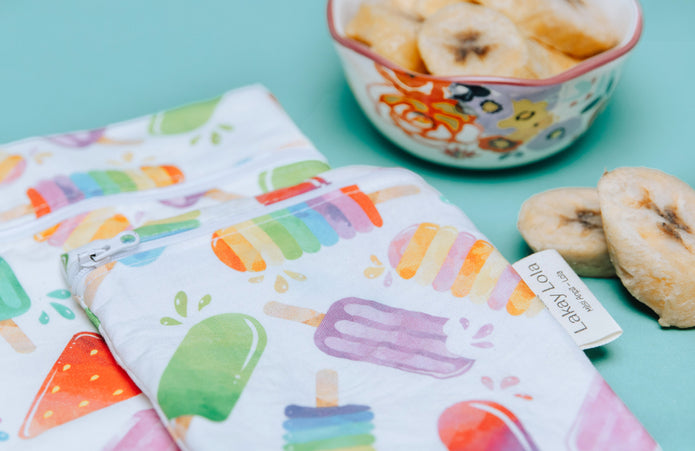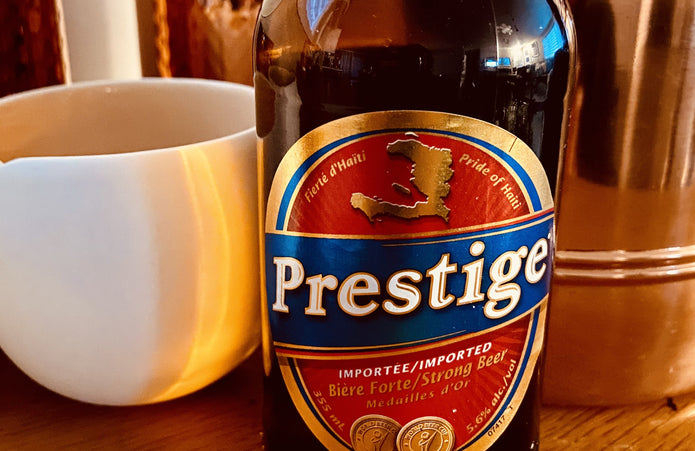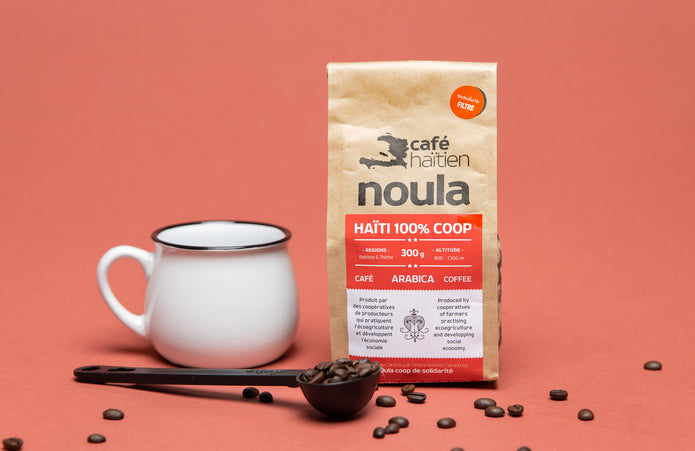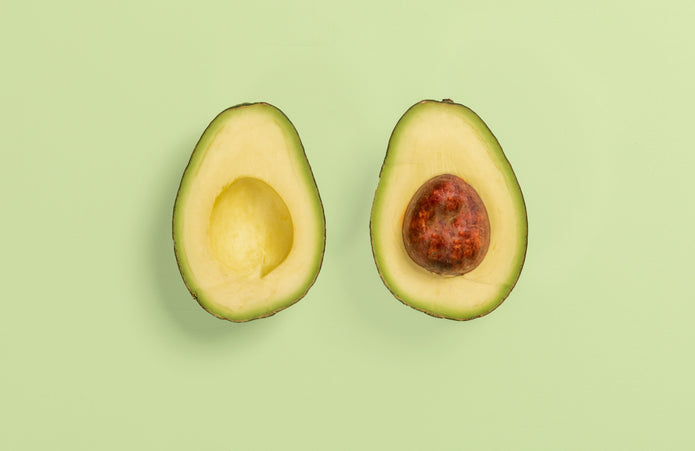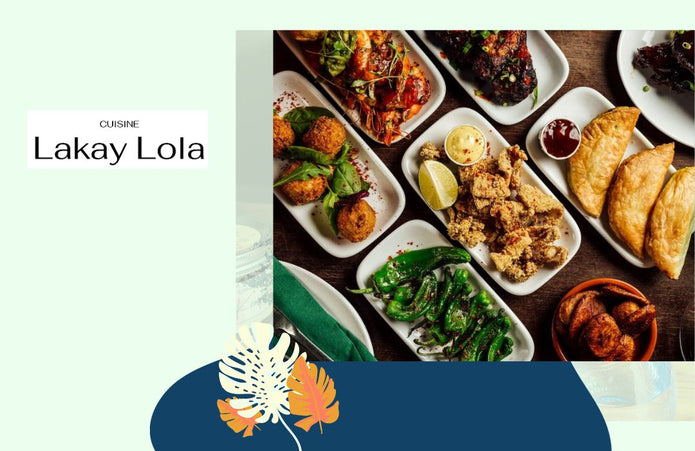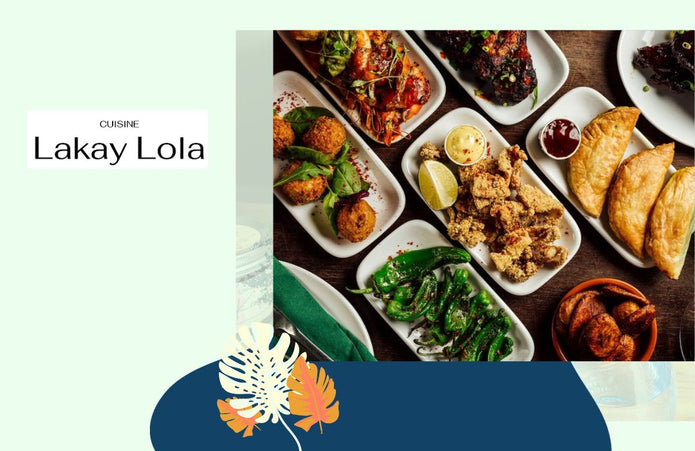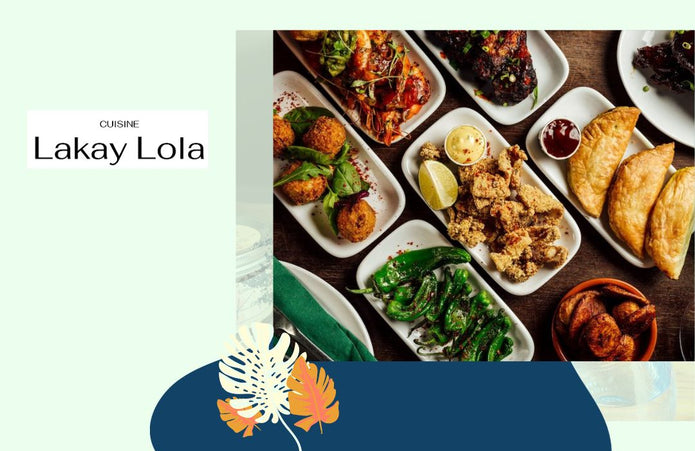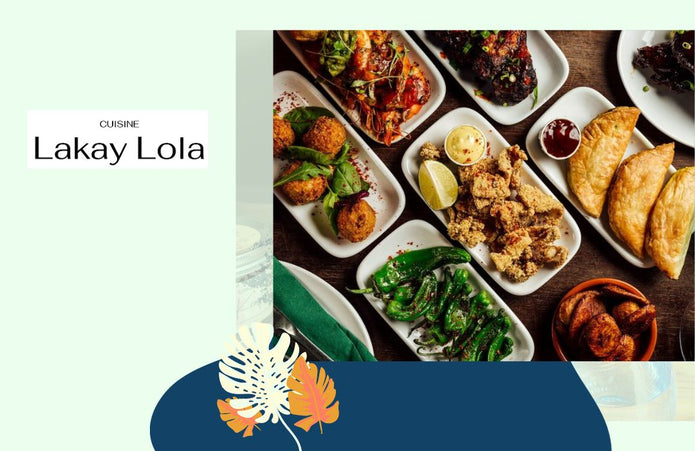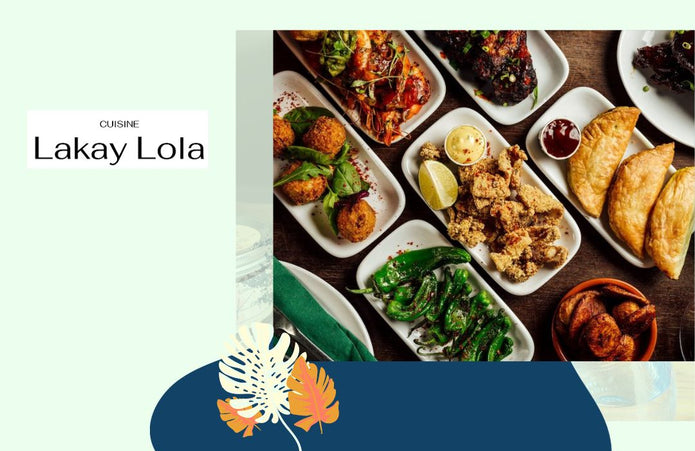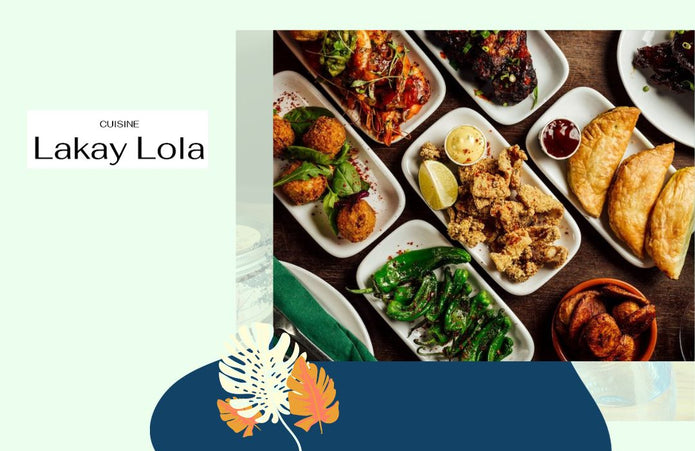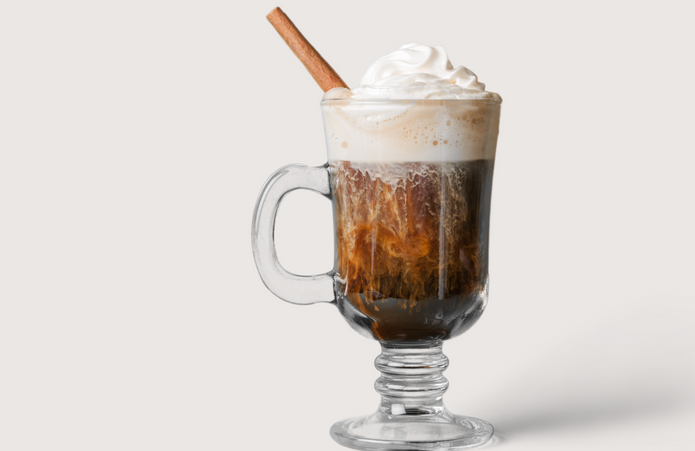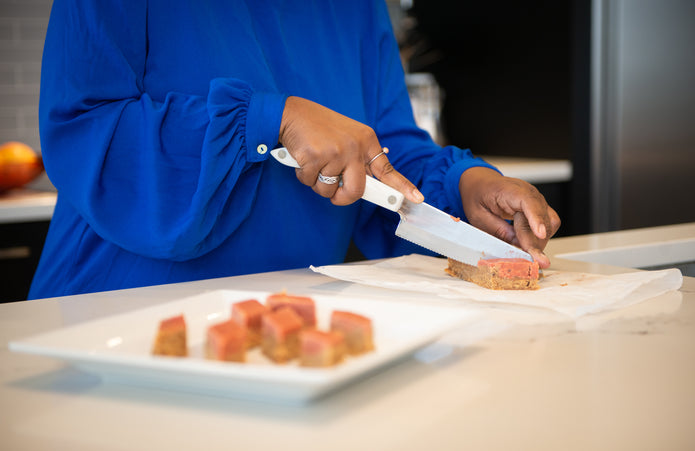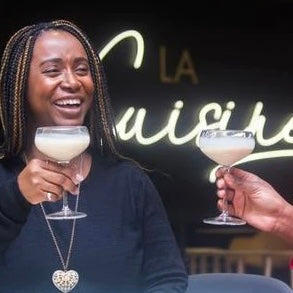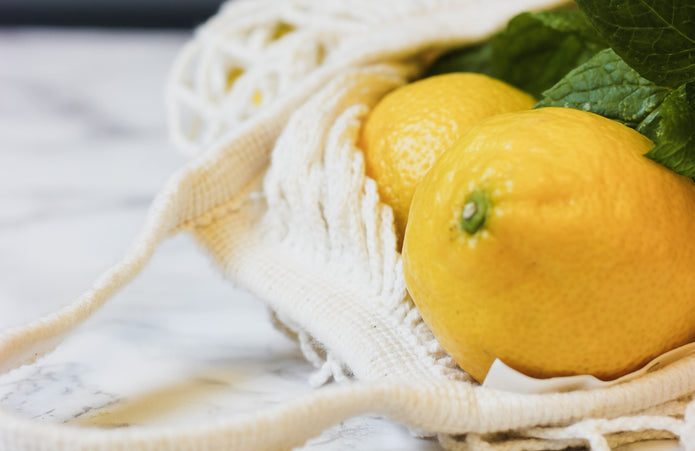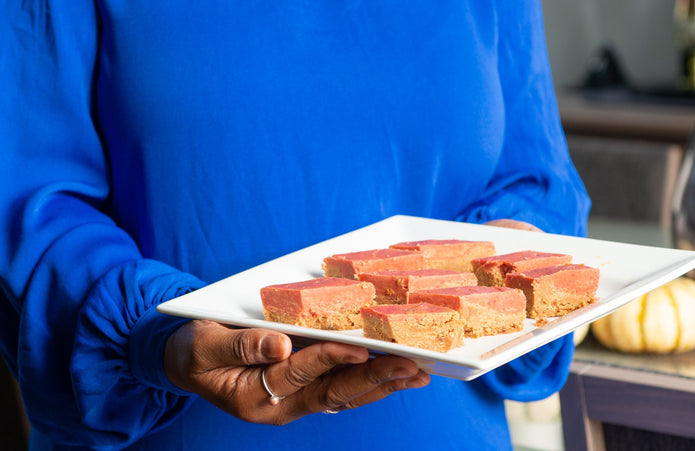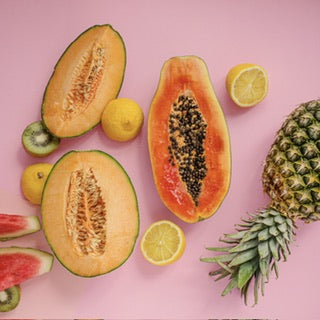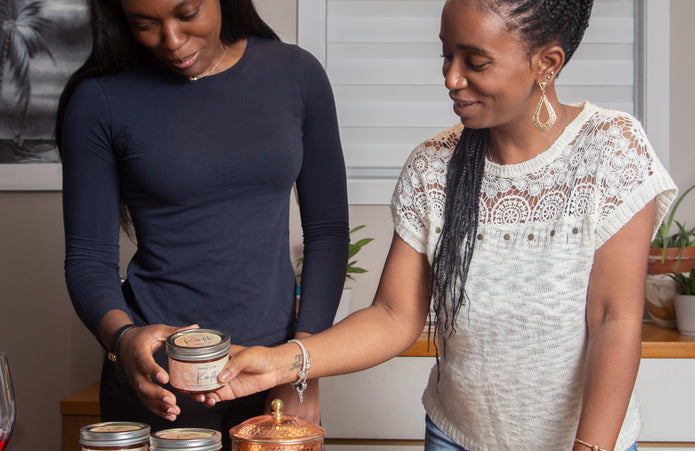|
La cuisine des Caraïbes est un mélange de saveurs tropicales et d'influences multiculturelles. C'est une célébration des saveurs aromatiques, sucrées, acidulées, zestées et d'agrumes sucrés. Pourquoi les gens aiment-ils la cuisine des Caraïbes et d'où vient-elle? Lisez la suite pour le découvrir.
Brève histoire de la cuisine des Caraïbes
On dit que la cuisine des Caraïbes a été fondée par les Indiens Arawak, Carib et Taïno. C'est une cuisine mixte, résultant de la rencontre de trois continents, l'Amérique, l'Europe et l'Afrique, pendant l'époque coloniale.
La traite négrière atlantique est une période très sombre de l'histoire des peuples africains et caribéens. Les personnes réduites en esclavage, capturées en Afrique et transportées à travers l'océan en bateau dans des conditions terribles, étaient échangées entre les Européens et leurs colonies contre divers produits, tels que des armes ou de l'alcool.
Une fois arrivées dans les Caraïbes, que ce soit à Cuba, en Haïti ou en Jamaïque, par exemple, certaines personnes réduites en esclavage travaillaient dans les plantations de café ou de canne à sucre, tandis que d'autres s'occupaient de nombreuses tâches domestiques pour les membres de la haute société, y compris la cuisine.
En effet, lorsque les îles étaient sous l'influence française, anglaise ou portugaise, les personnes réduites en esclavage ont appris à cuisiner des plats européens typiques. Elles ont développé leur propre identité culinaire en introduisant des produits locaux tout en travaillant avec des produits importés d'Afrique.
Pourquoi les gens aiment-ils la cuisine des Caraïbes
Beaucoup aiment cette nourriture culturelle en raison des difficultés rencontrées par les habitants des Caraïbes pour créer cette nourriture. De plus, il n'y a pas de meilleure raison d'aimer un repas que pour son goût, sa saveur, ses bienfaits nutritionnels et pour la santé.

Les cuisines des Caraïbes sont super délicieuses avec beaucoup de saveur. Elles contiennent également des bienfaits nutritionnels et pour la santé.
Par exemple, le poulet Jerk, un exemple de nourriture des Caraïbes, a les faits nutritionnels suivants – matières grasses, matières grasses saturées, cholestérol, sodium, potassium, glucides et sucre. Et il contient des bienfaits pour la santé tels que; il aide à tuer les bactéries, il facilite la digestion, il soulage l'arthrite, abaisse la pression artérielle.

Exemples de plats de la cuisine caribéenne
- Poulet Jerk - Origine : Jamaïque
En anglais, "jerk" signifie "secousse",... Comme celle provoquée par le côté épicé de cette spécialité jamaïcaine. Le mot fait référence plus largement au mélange d'épices utilisé pour assaisonner la viande (souvent du poulet) pour la mariner dans de l'huile, du vinaigre et du jus de citron vert : ail, gingembre, thym, muscade, cannelle, clous de girofle, sucre et piment.
C'est à vous d'ajuster le "feu" de ce plat selon votre goût avant de le cuire au four ou au barbecue.
Variation : Le jerk jamaïcain est également disponible avec du porc. Un coulis de mangue maison lui donnera une délicieuse touche sucrée-salée !
- Ajiaco - Origine : Cuba
Ce ragoût traditionnel - les Indiens Taïnos le préparaient déjà lorsque Christophe Colomb a découvert l'île au XVe siècle - est l'alter ego de notre pot-au-feu.
Un mélange de viandes (bœuf, porc, poulet) mijoté longuement dans un bouillon avec patates douces, citrouille, navets, haricots, citrons et plantain. Le mot "aji" fait référence à un piment local, bien que la cuisine cubaine reste généralement quelque peu épicée.
L'Ajiaco est servi avec du casabe, un pain à base de farine de manioc.
Variation : À réaliser avec du poisson (grillé séparément) et tout légume de saison (légumes primeurs au printemps, courgettes en été, etc.).
- Avocat Féroce - Origine : Guadeloupe et Martinique
Avocat, morue séchée effilochée (on dit "chiquetaillée"), farine de manioc, huile, jus de citron vert et quatre épices.
Ce guacamole caribéen est un régal en apéritif (sous forme de boulettes) ou en entrée (dans un avocat évidé). C'est un plat estival léger et complet qui est accompagné de carottes, tomates, concombre et salade verte.
Variation : Vous pouvez remplacer la farine de manioc par de la fécule de maïs ou de pomme de terre et la morue par du poisson cuit à la vapeur pendant quelques minutes puis refroidi.
Vous avez aimé cet article ? Les conseils ici vous ont été utiles ? Merci de nous le faire savoir sur nos pages Facebook et Instagram !




